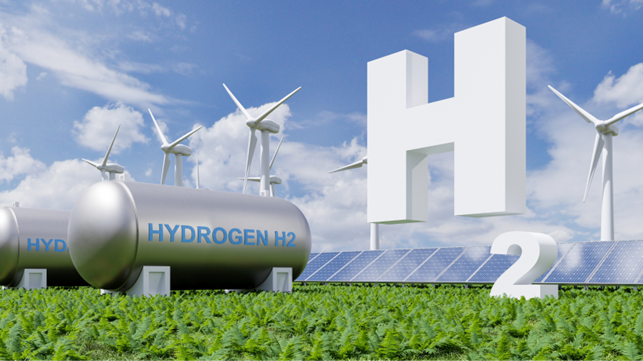The new coalition government of the Netherlands has decided to make significant cuts to the country's climate fund. These cuts could particularly affect renewable hydrogen projects. Formed on 16 May between four parties, the new coalition government plans to reduce the climate fund's budget by EUR 300 million each year for the next four years, a total cut of EUR 1.2 billion.
Around € 9 billion of the Netherlands' € 35 billion climate fund is earmarked for renewable hydrogen support measures. However, according to the new budget plans, the existing funds allocated for the development of batteries and renewable hydrogen will be reduced proportionally. Since a particularly large budget is earmarked for renewable hydrogen, the cuts could affect this area even more.
The coalition government consists of the far-right PVV, the centre-right VDD, the centre-right NSC and the farmer citizens' movement BBB. Although the PVV, led by Geert Wilders, won the most seats in the elections, it had to soften some of its demands during the negotiations. In the PVV's election manifesto, it proposed the complete abolition of climate policies, but this demand was not accepted.
The parties committed to support renewable hydrogen in general, while noting that carbon capture and storage (CCS) and low-carbon hydrogen produced from natural gas could be used as a transitional step to reduce emissions.
The agreement also states that the planned increase in the national CO2 tax will be cancelled and outlines plans to open new nuclear power plants. However, the four parties have not yet decided who will be the new prime minister.
These developments could herald significant changes in the Netherlands' climate policies and energy transition. Actors in the country's energy sector will have to assess the long-term effects of these cuts.









Comments
No comment yet.